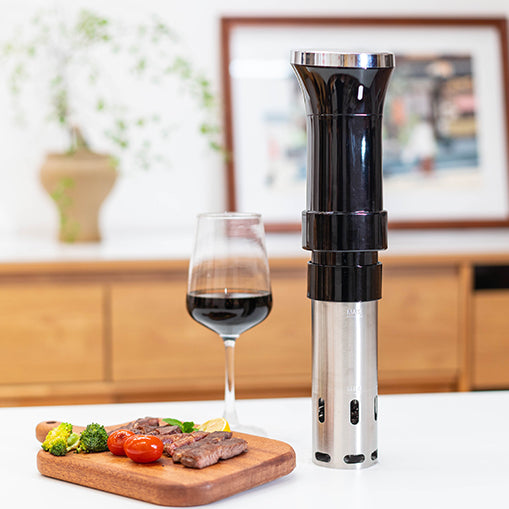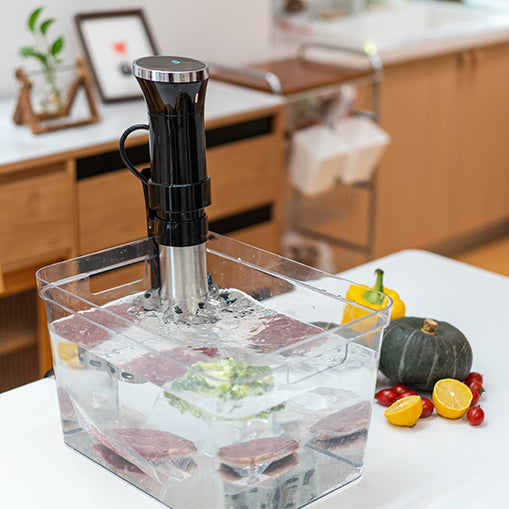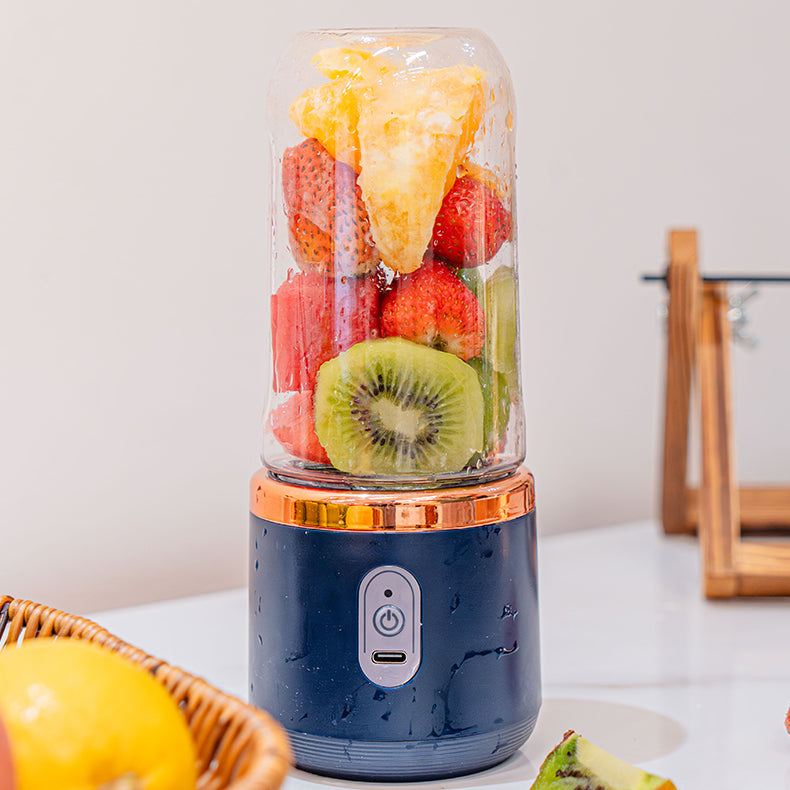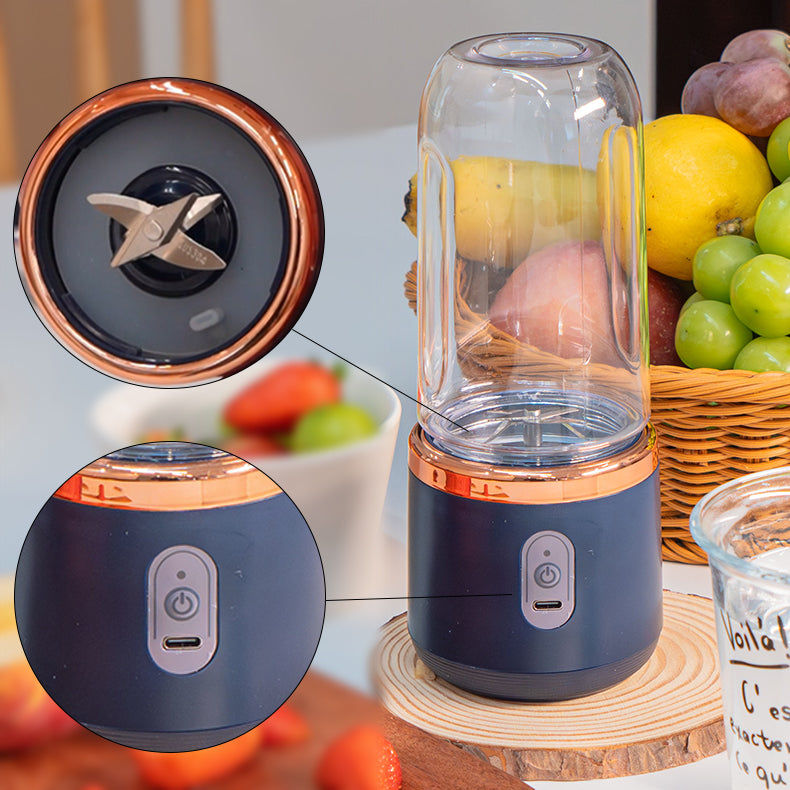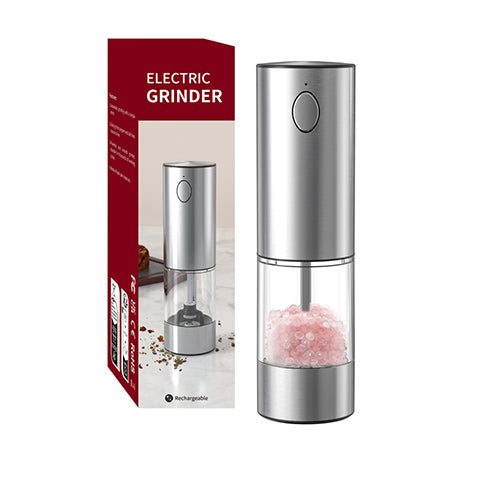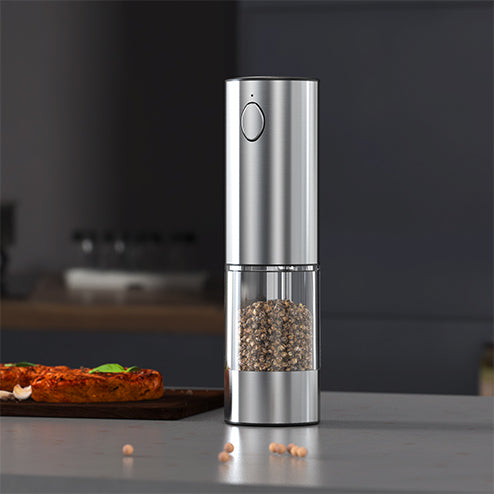Coffee, with its enticing aroma and invigorating flavor, is a beloved beverage enjoyed worldwide. But how many carbs does coffee have? For those mindful of their carbohydrate intake, understanding how many carbs in a cup of coffee of different varieties is crucial. From black coffee to specialty espresso drinks, each cup can vary significantly in carb count based on its ingredients.
In this comprehensive guide, we'll delve into the world of coffee carbs, exploring the carb content of various types of coffee and providing tips on how to enjoy your favorite brews while keeping your carb intake in check. Without further ado, let's start!

Does Coffee Have Carbs?
Before we give a final answer to how many carbs are in coffee, let's first see if coffee really has carbs. Coffee in its purest form, such as black coffee or plain espresso, is indeed carb-free, with less than 1 gram of carbohydrates per serving.
However, it's essential to note that the carb content can vary depending on how the coffee is prepared and what ingredients are added. While black coffee and espresso remain low in carbs, the inclusion of milk, sugar, or flavored syrups can substantially elevate the carb count of your favorite coffee drinks. Thus, coffee itself may be carb-free, but the additions you choose can significantly impact how many carbs in the coffee you enjoy.
How Many Carbs Are in Different Types of Coffee?
Now, more curious about the carb content of your favorite coffee beverages? Let's break down the carb counts of various common types of coffee to help you make informed choices.
Black Coffee and Cold-brewed Coffee
First, let's learn how many carbs are in black coffee. Black coffee and espresso are typically low in carbs, containing less than 1 gram per serving. However, cold-brewed coffee may have slightly higher carb counts, ranging from 2 to 4 grams per cup due to its unique brewing process. Cold-brewed coffee involves steeping coarse-ground beans in cold water for an extended period, leading to a different flavor profile and potentially more carbohydrates extracted from the beans.

Coffee Creamers
Coffee creamers, especially flavored varieties, can contribute to the carb content of your coffee. A single spoon of coffee creamer may contain around 2 grams of carbohydrates, so it's essential to be mindful of portion sizes when adding creamers to your coffee. Opting for unsweetened or sugar-free creamers can help lower the overall carb intake of your coffee beverage.
Lattes and a Cafe Au Lait
Lattes and cafe au laits consist of espresso and steamed milk, making them higher in carbs compared to black coffee or espresso. A typical 16-ounce latte may contain around 15 grams of carbs, primarily from the milk and any added sweeteners or flavored syrups. Choosing unsweetened milk alternatives and sugar-free syrups can help reduce the carb content of these coffee drinks.
Americanos, Cappuccinos & Mochacinos
The carb content of Americanos, cappuccinos, and mochaccinos varies depending on their ingredients. Americanos, made with espresso and hot water, are generally low in carbs. In contrast, cappuccinos and mochaccinos, which contain milk and syrups, can have higher carb contents. Generally, a cup of 12 oz Americano contains roughly 0.7g carbs, Cappuccino about 14.7g, and Mochacinos approximately 23g. So it's essential to consider the additional ingredients and portion sizes when enjoying these coffee specialties to manage carb intake effectively.
p>
Ground Coffee
Ground coffee, when brewed without added sugars or creamers, remains low in carbs, similar to black coffee or espresso. To further reduce the carb content of coffee drinks made from ground coffee, consider opting for unsweetened almond milk or sugar-free syrups as additives. By choosing low-carb options, you can enjoy your favorite ground coffee beverages without worrying about excess carbohydrates.
How to Reduce Carbs in Your Coffee Drinking
Since we know how many carbs in black coffee, Americanos, Cappuccinos, etc, looking to enjoy your daily cup of coffee while keeping your carb intake in check? Here are some practical tips to help you minimize carbs in your coffee beverages.
Opt for Unsweetened Black Coffee
Stick to plain black coffee or espresso, which are virtually carb-free. These options allow you to savor the robust flavor of coffee without worrying about added sugars or carbohydrates.
Skip Carb-rich Extras
Avoid adding whipped cream or flavored syrups to your coffee drinks. These extras can significantly increase the carb content of your beverage, undermining your efforts to reduce carb intake.
Choose Sugar-free Options
Opt for sugar-free syrups and sweeteners to add flavor without increasing carb intake. Many coffee shops offer a variety of sugar-free options, allowing you to enjoy a touch of sweetness without the added carbs.
Use Non-Dairy Milk
Substitute dairy milk with unsweetened non-dairy alternatives like almond, soy, or coconut milk to reduce carb content. These milk alternatives typically contain fewer carbs than dairy milk, making them suitable options for those looking to minimize their carb intake.
Serve Yourself
Add milk or sweeteners to your coffee yourself to control portion sizes and carb content. By serving yourself, you can tailor your coffee beverage to your preferences while ensuring that you're not inadvertently adding extra carbs. Take control of your coffee customization to align with your low-carb goals.
Conclusion
Now you may know how many carbs are in a cup of coffee. Understanding the carb content of different coffee varieties is essential for those monitoring their carbohydrate intake. While coffee can contain carbs, mindful choices in preparation and additions can help keep your carb count in check, let you enjoy your daily cup without worry, and maintain a low-carb lifestyle.

